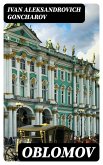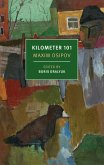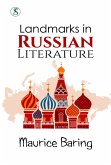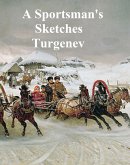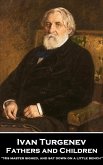In "Rudin," Ivan Sergeevich Turgenev intricately explores the conflict between intellectual ideals and the realities of Russian society in the 19th century. Through the character of Dmitry Rudin, a charismatic but ultimately insubstantial revolutionary, Turgenev captures the disillusionment of the intelligentsia who aspire to effect change yet fail to bridge the gap between ambition and action. The novel employs a rich, lyrical prose style typical of Turgenev's works, allowing for profound psychological insights and the subtle play of societal norms, while also situating itself within the context of the burgeoning debates concerning nihilism and reform in pre-revolutionary Russia. Turgenev, born into a noble family, was deeply influenced by the socio-political climate of his time. His experiences in both Russia and Western Europe fostered a unique perspective on the dichotomy of tradition and progress. "Rudin" emerged during an era of significant change, reflecting Turgenev's own ambivalence towards the social reforms and the intellectual movements sweeping through Russia, which he scrutinized with a keen, yet compassionate, eye towards human fallibility. This novel is highly recommended for readers interested in not only Russian literature but also the philosophical tensions of intelligence and social responsibility. Turgenev's keen observations about the human condition make "Rudin" a timeless reflection on the nature of idealism and consequence, compelling both for its narrative depth and its historical significance.
Dieser Download kann aus rechtlichen Gründen nur mit Rechnungsadresse in A, B, BG, CY, CZ, D, DK, EW, FIN, F, GR, H, IRL, I, LT, L, LR, M, NL, PL, P, R, S, SLO, SK ausgeliefert werden.
Hinweis: Dieser Artikel kann nur an eine deutsche Lieferadresse ausgeliefert werden.




